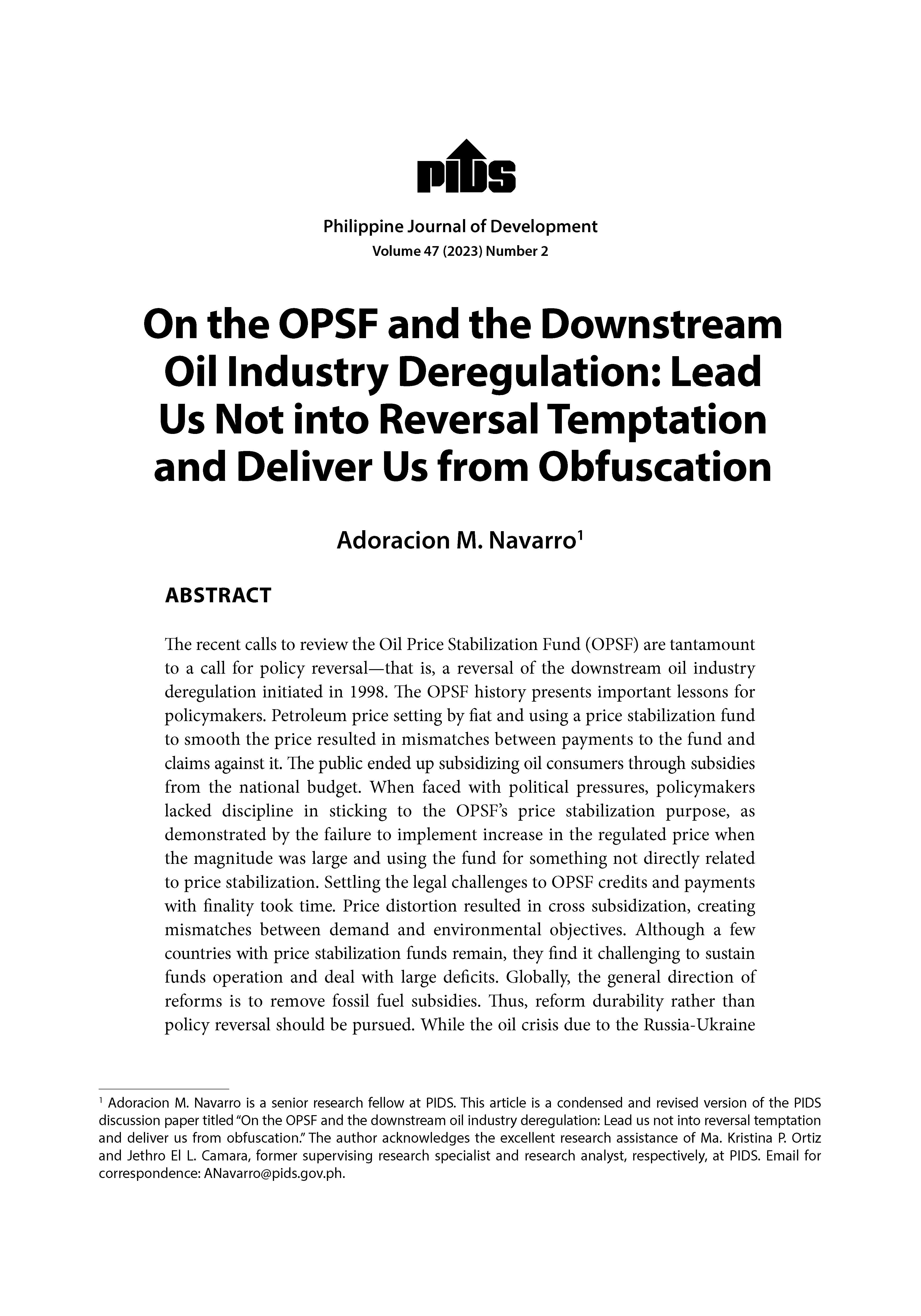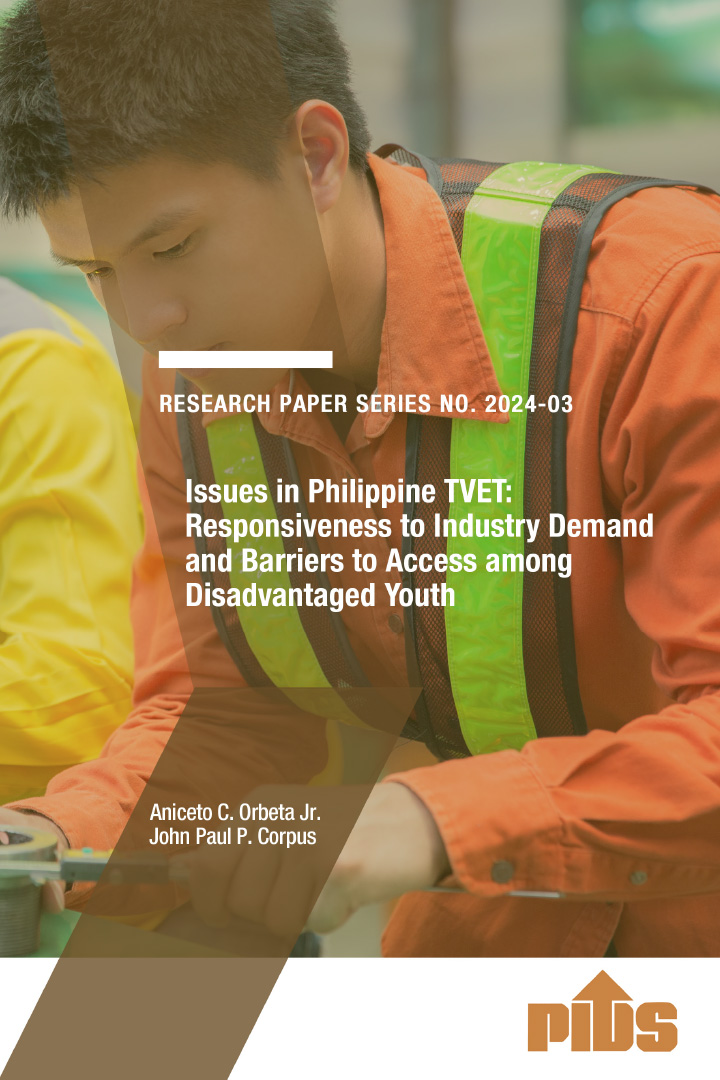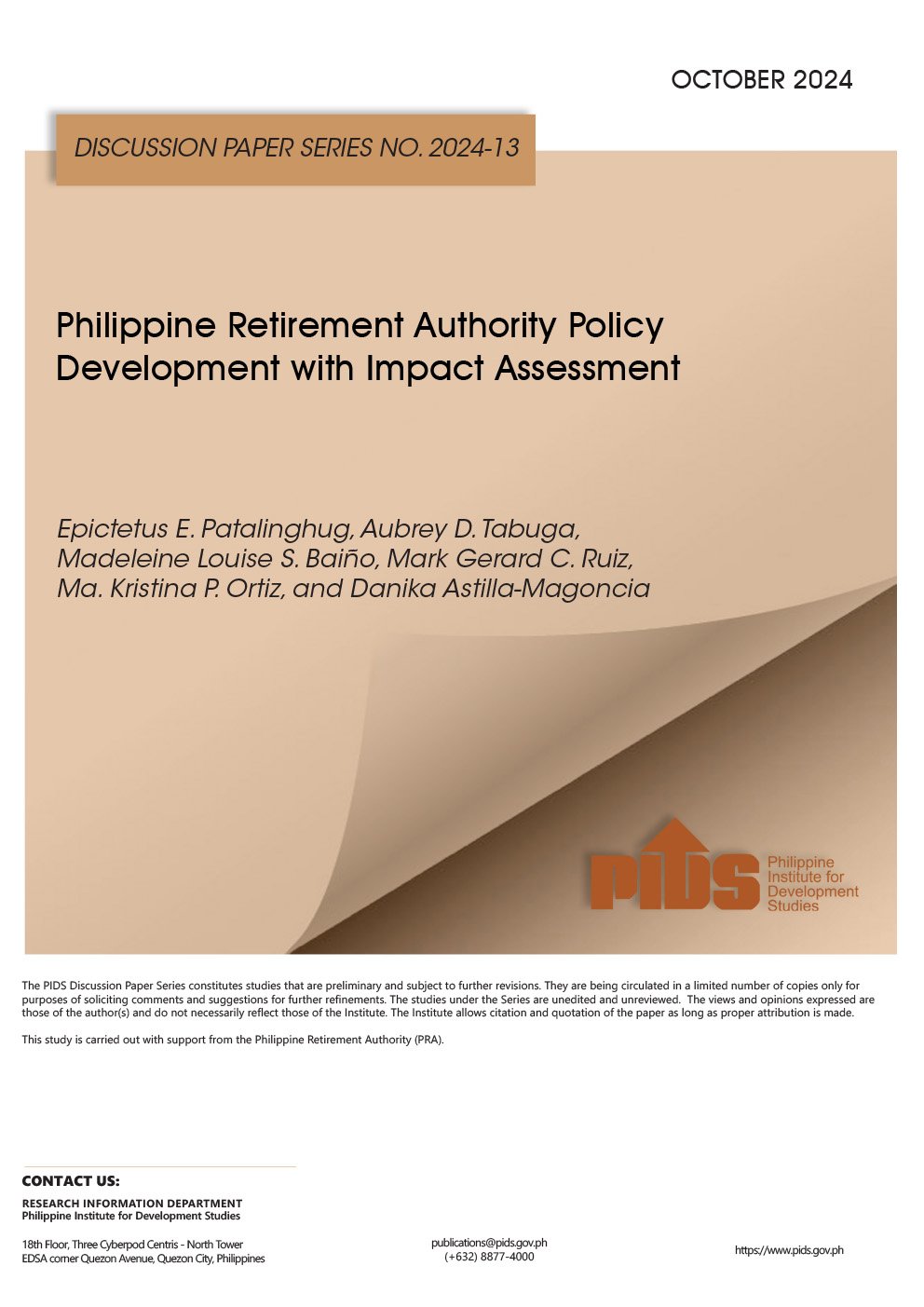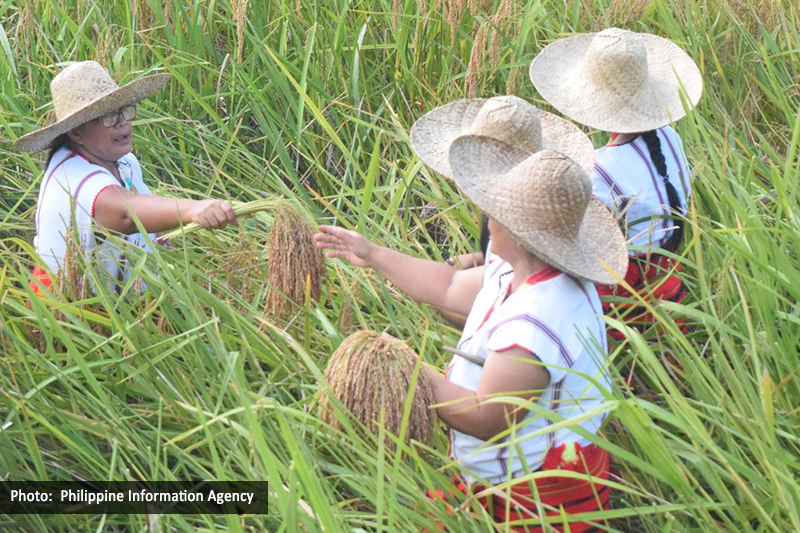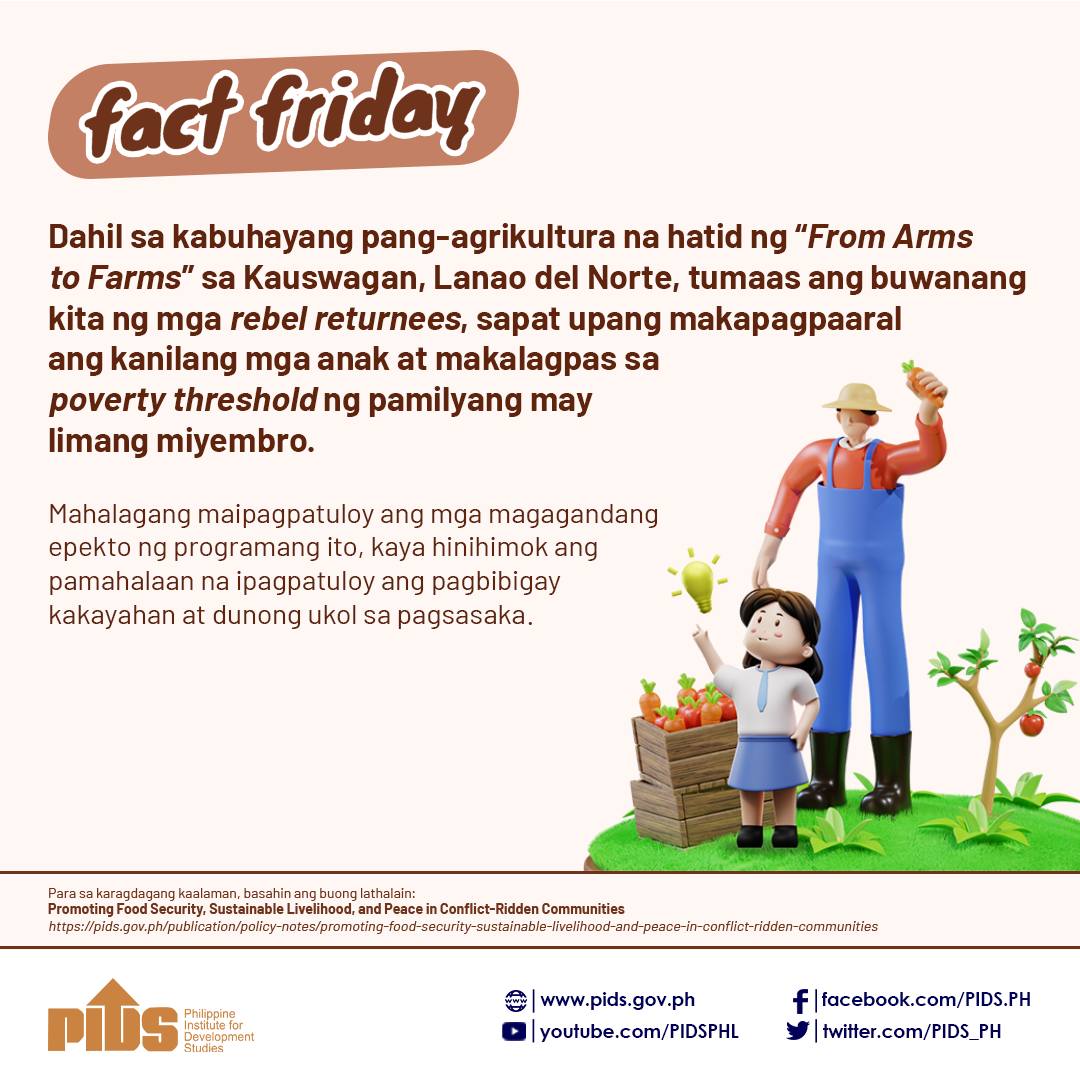RAISING tariffs on imported rice will benefit importers that have already shipped in rice while discouraging future importers, potentially leaving consumers with more expensive rice, a government researcher said.
Roehlano M. Briones, a research fellow with the Philippine Institute for Development Studies (PIDS), told BusinessWorld in a phone interview: “It’s a win for your earlier importers, it’s a loss for your future importers. It’s a loss for the consumer, and I don’t even know if the farmers will win. It’s uncertain whether the farmers will win in this scenario.”
He added that it is unclear whether higher tariffs will improve the situation for domestic farmers, after imports softened the market for their palay, or unmilled rice. Private traders have reportedly been offering as little as P6 per kilo for palay because of competition from imports of cheap grain from elsewhere in Southeast Asia.
“I don’t really see kung magi-improve yung palay prices (whether palay prices will improve) even with the doubling of the tariff,” Mr. Briones said. “Regardless, whether you double, increase it, the fact that you are raising tariffs in the middle of the game adds to the uncertainty and prevents the beneficial effects of the law from taking effect.”
University of the Philippines School of Economics Professor Ramon L. Clarete also said that imposing safeguard measures, which the government is authorized to impose under Republic Act 8800, or the Safeguards Measures Act, if domestic industries are found to be harmed by imports, may take some time since this would involve hearings by the Tariff Commission.
“The safeguards are a very different animal. It involves another agency which is the Tariff Commission and a hearing,” he said in a separate phone interview.
Agriculture Secretary William D. Dar said that the Department of Agriculture (DA) is looking into the implementation of extra duties on rice imports by mid or early October. This is expected to curb rice imports which have been pressuring the prices obtained by farmers for their produce.
“We are now starting the process of looking at implementing the safeguard duty on imported items, particularly rice,” Mr. Dar said in a news conference on Monday.
He noted that rice imports from March to August have totaled 2.4 million metric tons (MMT), well above the estimated demand for imports of about 1.5 MMT to 2 MMT, based on a 93% rice self-sufficiency rate.
>“Sa pananaw namin sumobra na yung volume ng ating import requirement (In our view imports have exceeded the required volume to meet demand) and so further imports will now be looked at differently. This is part of the law anyway,” he said.
The DA is still determining how much to increase duties. Mr. Dar said reports of a doubling in the rice import tariff to 70% is one of the scenarios being considered.
The law allows such safeguard measures to be enforced for 200 days.

